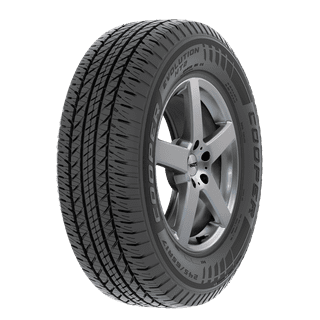Trust Morris Tire and Alignment for Specialist Service and Care
Trust Morris Tire and Alignment for Specialist Service and Care
Blog Article
Tire Solution: Comprehending Tire Pressure Tracking Systems
Comprehending Tire Pressure Tracking Systems (TPMS) is an important facet of preserving optimum vehicle performance and security on the road. With improvements in automotive modern technology, TPMS has ended up being a standard attribute in contemporary vehicles, providing real-time information on tire stress degrees.

Value of TPMS
The significance of Tire Stress Monitoring Systems (TPMS) depends on their capability to boost car security and performance with real-time monitoring of tire pressure levels. Maintaining the appropriate tire pressure is vital for making sure optimal handling, braking, and total safety of a car. TPMS supplies vehicle drivers with immediate responses on any kind of underinflated or overinflated tires, permitting prompt adjustments to be made.
Parts of TPMS
Sensing units are commonly located in the tire valve stem or attached to the wheel assembly, where they gauge tire pressure and transfer data to the control component. Some advanced TPMS models additionally display the real tire pressure analyses for each tire, providing chauffeurs with real-time details to ensure ideal tire efficiency and safety and security. By checking tire pressure continually, TPMS helps avoid accidents, decreases tire wear, and enhances gas performance, making it a vital component for automobile security and performance. discount tires morris il.
Kinds of TPMS

On the other hand, indirect TPMS relies upon the vehicle's wheel speed sensors to keep an eye on tire stress. This system detects underinflation by contrasting the rotational rates of the wheels. Indirect TPMS is much less pricey than direct TPMS, as it utilizes existing sensing units within the lorry.
While direct TPMS offers a lot more precise analyses, indirect TPMS is less complex in style and commonly calls for less upkeep. Both systems have their restrictions and advantages, and the selection between them often depends on factors such as price, automobile make, and individual choice. Comprehending the differences between these two kinds of TPMS can aid automobile proprietors make notified choices pertaining to tire maintenance and safety.
TPMS Maintenance Tips
Effective maintenance of TPMS is vital for making certain optimum performance and safety and security of your lorry. Frequently examining the TPMS sensors for any type of damages or deterioration is essential. Ensure that the sensors are complimentary and clean from particles that might hinder their functioning. Additionally, it is a good idea to check the sensor batteries regularly and replace them as required to ensure precise analyses. Conduct routine examine the tire stress levels and compare them with the TPMS readings to guarantee they are constant. Recalibrate the system following the manufacturer's guidelines if there are any kind of disparities. Additionally, throughout tire rotation or substitute, make certain that the TPMS parts are handled very carefully to avoid any kind of prospective damages. Lastly, if the TPMS cautioning light illuminates on the control panel, find out attend to the problem without delay by checking the tire pressures and the general system for any type of mistakes. By adhering to these maintenance ideas, you can extend the life-span of your TPMS and boost the safety of your driving experience.
Advantages of Appropriate Tire Pressure
Maintaining proper tire pressure, as highlighted in TPMS Upkeep Tips, is vital for enjoying the various advantages linked with optimum tire pressure degrees. Furthermore, correct tire stress makes sure even tire wear, expanding the life expectancy of the tires and advertising more secure driving conditions. In final thought, the benefits of proper tire stress go past simply tire durability; they encompass enhanced gas efficiency, improved safety, far better automobile performance, and total driving comfort.
Final Thought
To conclude, comprehending tire stress surveillance systems (TPMS) is essential for maintaining optimal tire pressure and making certain vehicle security. By acknowledging the value of TPMS, being familiar with its elements, recognizing the different types offered, adhering to proper maintenance suggestions, and realizing the advantages of preserving proper tire pressure, chauffeurs can enhance their driving experience and prolong the lifespan of their tires. Proper tire pressure is essential to safe and reliable vehicle operation.

Report this page